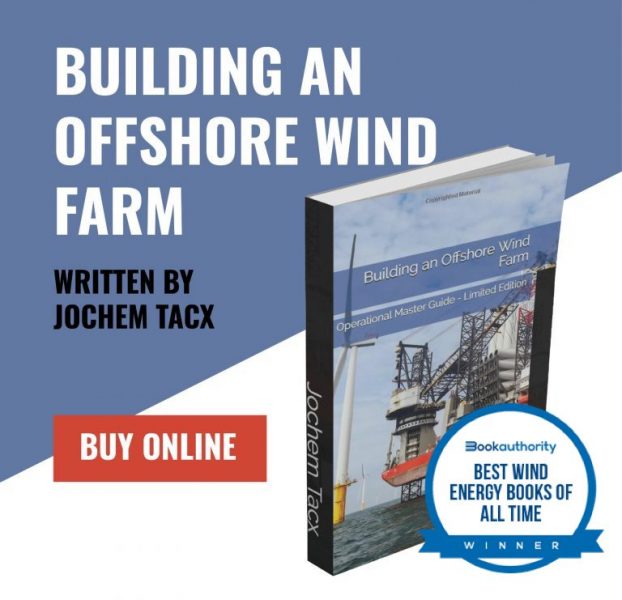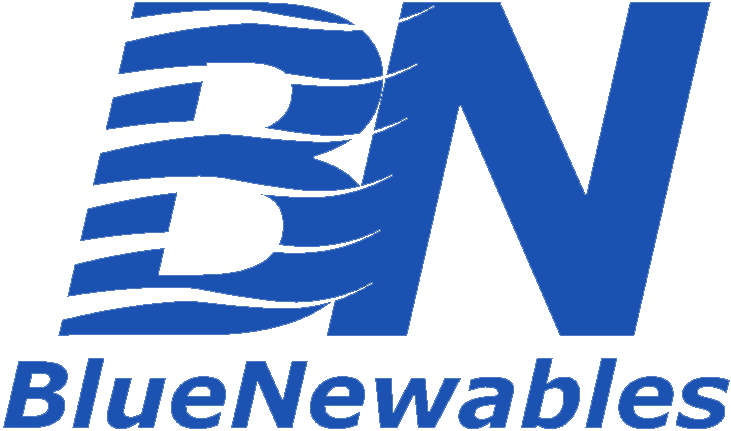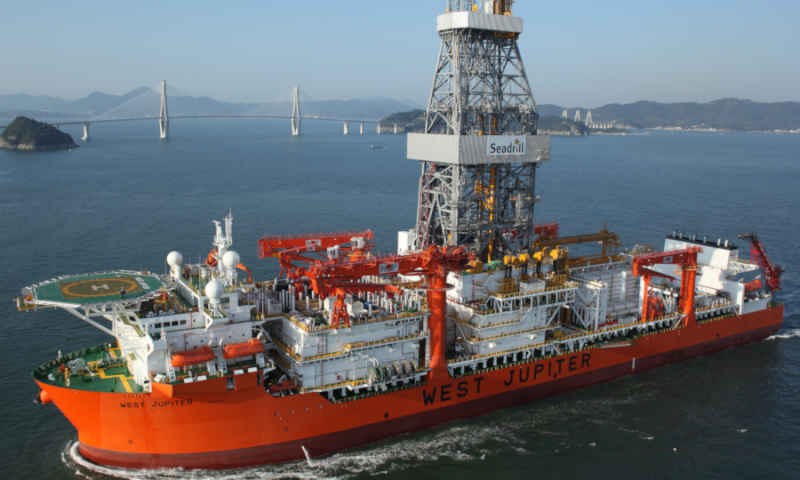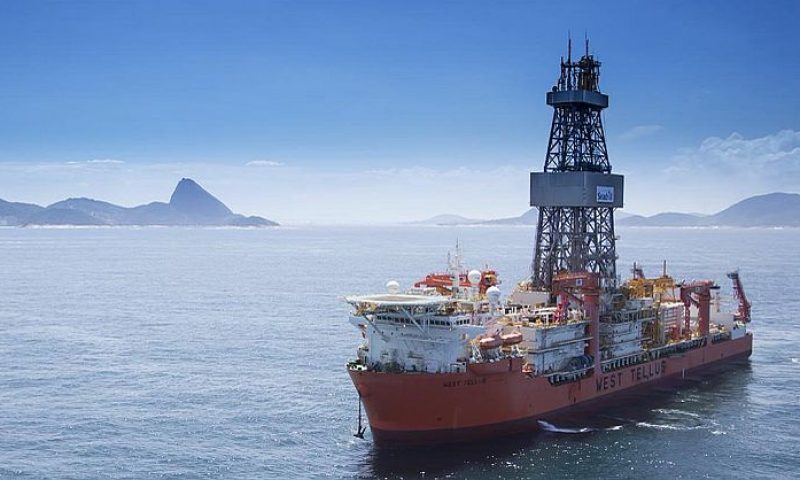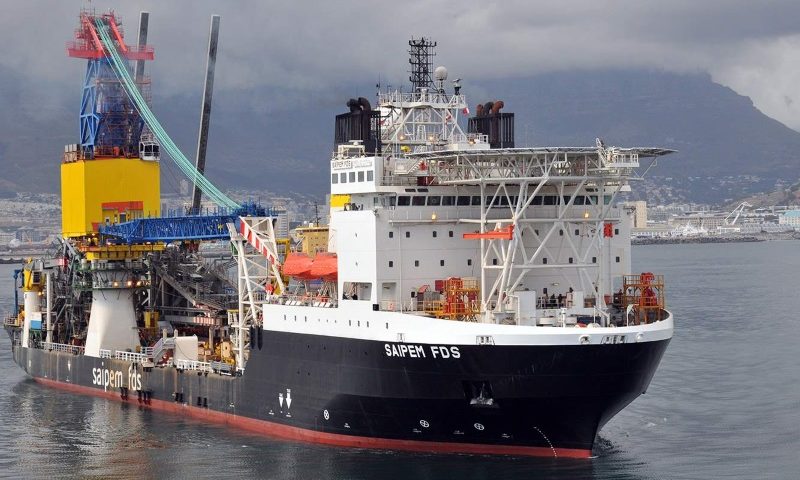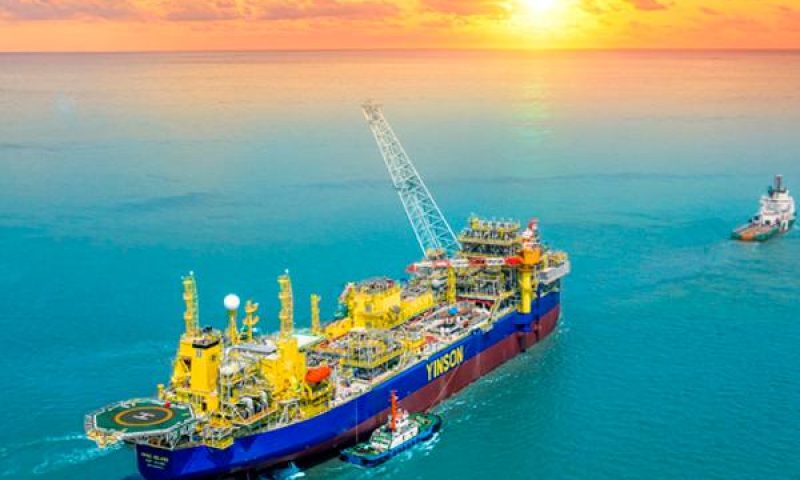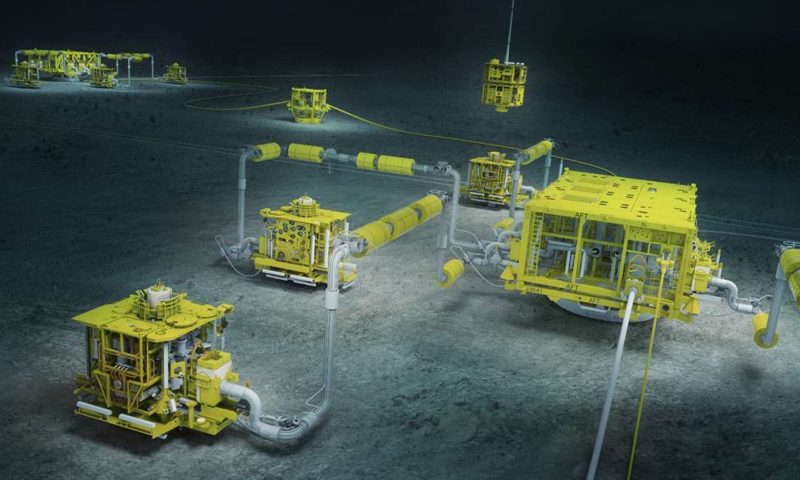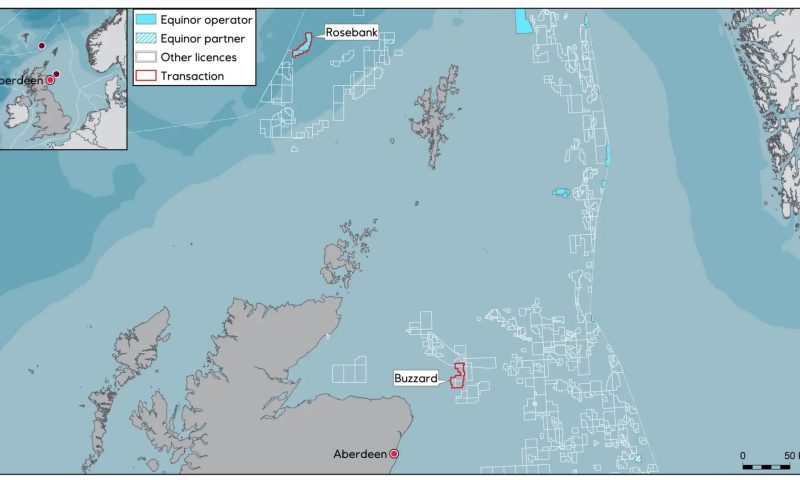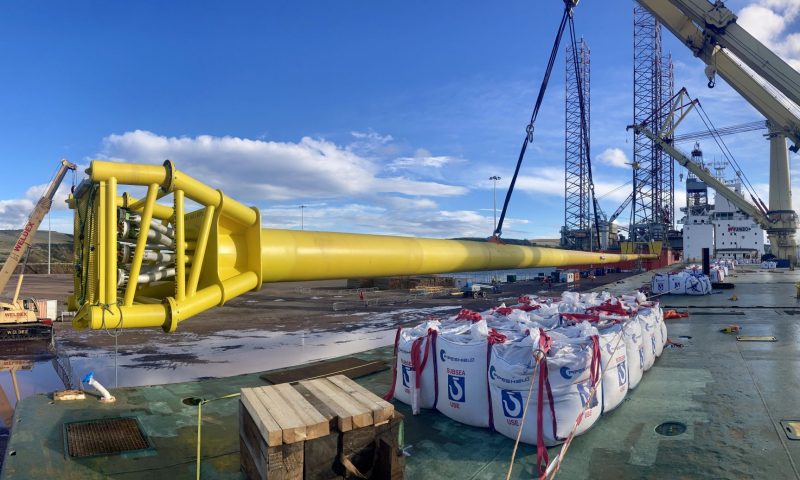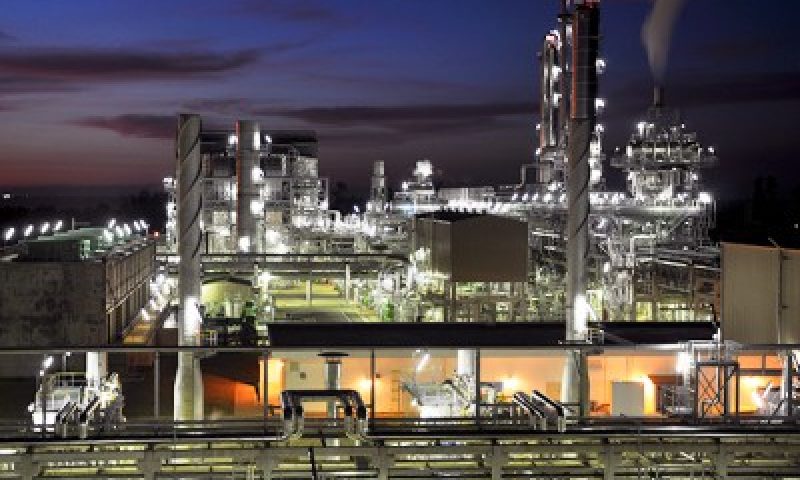
Petrobras Develops Alternatives for Comperj
Petrobras reports that it has completed the economic feasibility study regarding the completion of the Comperj refinery construction, together with the Chinese company CNPC and its affiliates, under the agreements to implement the strategic partnership, as disclosed to the market on October 16, 2018.
The study showed that the completion of the refinery construction is not economically attractive and, therefore, in accordance with the agreements, the projects related to the strategic partnership, which also comprised CNPC’s 20% stake in the Marlim cluster (Marlim, Voador, Marlim Sul and Marlim Leste concessions), have been terminated with no deal.
Accordingly, the company’s Board of Directors approved measures to cancel the project and requested a survey of alternatives for the Comperj area, located in Itaboraí, Rio de Janeiro.
Among the alternatives, Petrobras is studying the integration of the Duque de Caxias refinery (REDUC) with some mothballed Comperj units for the production of high quality basic lubricants and fuels from REDUC intermediate products sent for processing at Comperj via pipelines.
The study also includes the possibility of building a thermoelectric plant, in partnership with other investors, using natural gas from the pre-salt.
Rota 3 maintained
The implementation of the Integrated Project Rota 3 is maintained, which includes the Rota 3 gas pipeline, the natural gas processing unit (UPGN) and the set of utilities required for its operation that will allow the flow of 21 million m³ of pre-salt gas per day from 2021 on.
Projects under study are in line with the 2020-2024 Strategic Plan, which aims to operate competitively in refining and gas activities and their effective implementation will depend on the completion of feasibility studies.
Petrobras and CNPC will continue to seek new joint business opportunities by strengthening their cooperation, which began in 2013 with the partnership in the Libra area, followed by the acquisition of the Peroba Block (together with BP) in 2017, and recently the exploration and production rights of the surplus volume of the Transfer of Rights Agreement for Búzios Field.
The company’s decision is aligned with Petrobras’ ongoing portfolio optimization and better capital allocation to maximize value for its shareholders.

